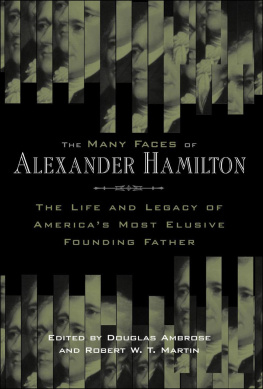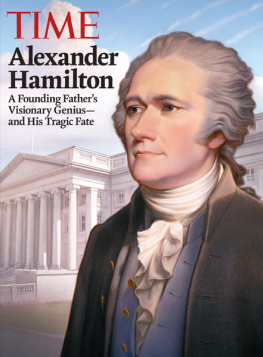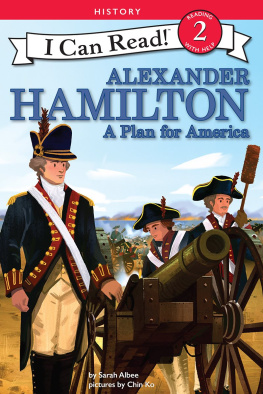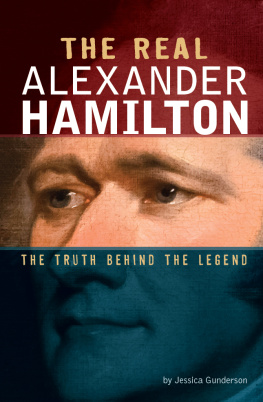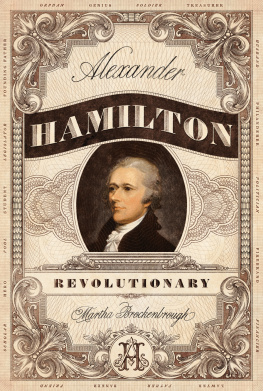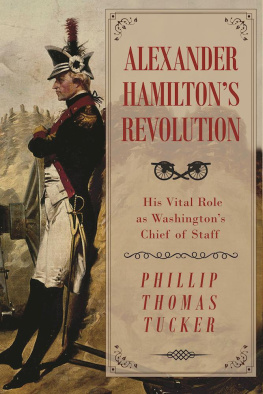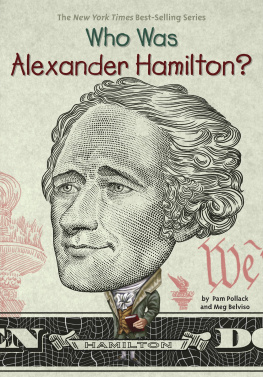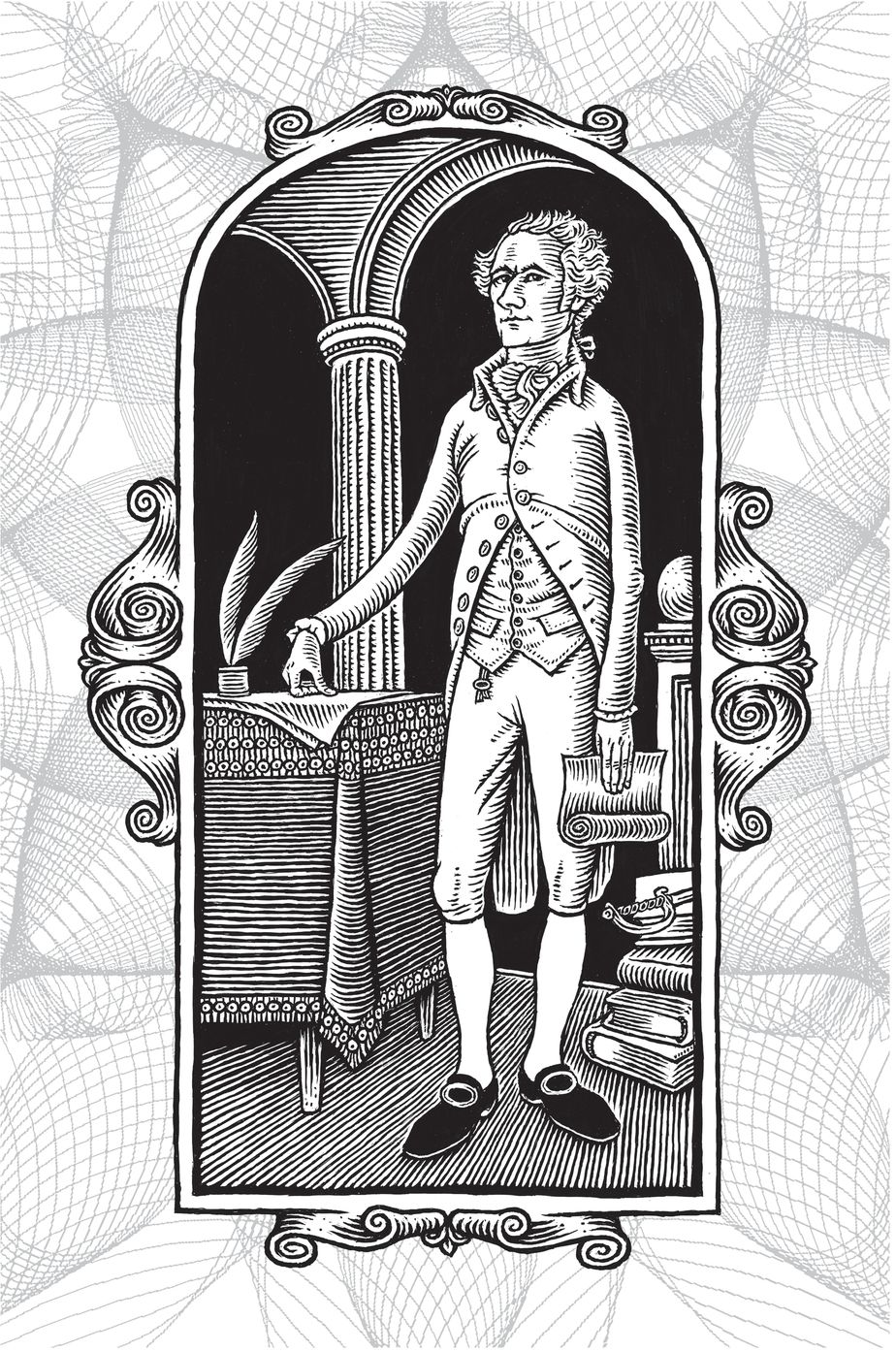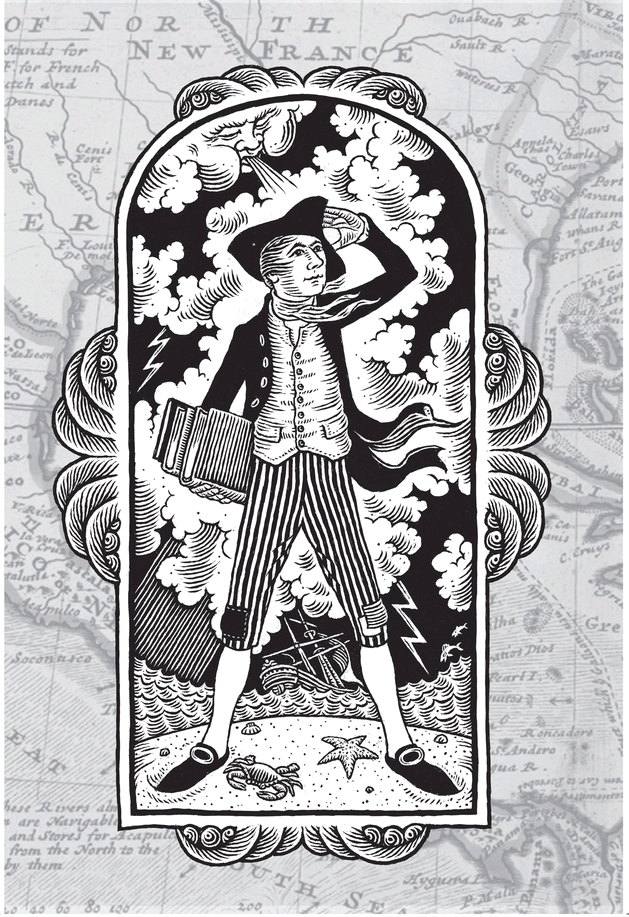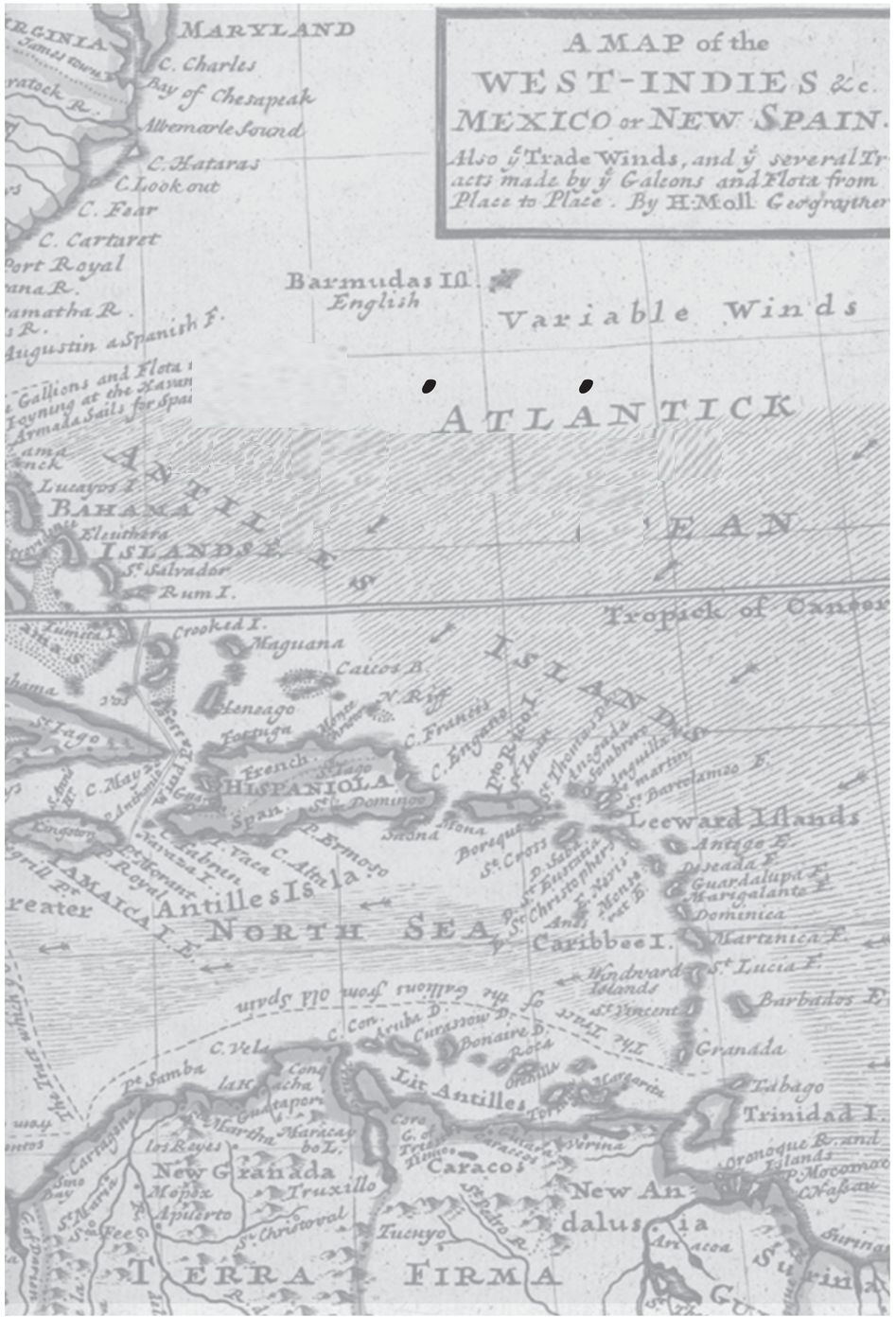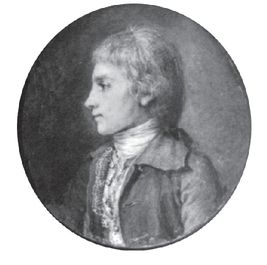Table of Contents
ACKNOWLEDGMENTS
I acknowledge my indebtedness to the following: Major Colin Williams, United States Military Academy at West Point, for his critical reading of the manuscript; Major Aram Donigian, United States Military Academy at West Point, for finding Colin and for being one of my most loyal readers; Ian Schoenherr, who shares my love of American history, reflected in his fine illustrations and in his collection of historical prints; and my longtime editor, Margaret Frith, for her unfailing interest in the manuscript.
This book is dedicated to my daughter Andrea, without whom the book could not have been written.
J.F.
FOR OLDER READERS
Bully for You, Teddy Roosevelt!
China Homecoming
The Double Life of Pocahontas
The Great Little Madison
Harriet Beecher Stowe and the Beecher Preachers
Homesick, My Own Story
The Lost Colony of Roanoke
Make Way for Sam Houston
Stonewall
Traitor: The Case of Benedict Arnold
Whos Saying What in Jamestown, Thomas Savage?
You Want Women to Vote, Lizzie Stanton?
FOR YOUNGER READERS
And Then What Happened, Paul Revere?
Cant You Make Them Behave, King George?
Shh! Were Writing the Constitution
Whats the Big Idea, Ben Franklin?
Where Was Patrick Henry on the 29th of May?
Why Dont You Get a Horse, Sam Adams?
Preface
My family history includes Hamiltons in Colonial America; this has led some relatives to claim Alexander Hamilton as an ancestor. Whether or not there are blood ties, we are proud to acknowledge his place in American history.
The more I learned about Alexander Hamilton, the more impressed I became. He is a man of great contradictions, which show up in his feelings about war. I had to struggle with the many quirks and complexities in his character, but I came away from the work fully convinced of Hamiltons contributions to our country and his unwavering sense of justice. If I could have one wish for the present generation, it would be that they are motivated by the same sense of justice and equally insistent on defending it.
J.F.
Sleepy Hollow, NY
2010
Beginnings
CHAPTER ONE
Alexander Hamilton should have been born in his grandfathers fogbound castle on the west coast of Scotland, the same castle where his father, James, had been born, along with Jamess three older brothers. But as the fourth son, James would not stand a chance of inheriting even a share of the castle. Thats the way it worked in Scotland.
Even so, young James was expected to help his brothers do the chores around the castleexercise the horses, feed the dogs and look for lost sheep. Yet when his brothers called for James to help them, where was he? Off. Away. Not around. He was playingout of sight and out of hearing.
When James was nineteen, his brother John took him to Glasgow to become an apprentice in the linen industry. He had to agree to work there for four years. But the work didnt suit him, and when the time was up, he was ready to get as far away from Scotland as he could.
Off James went to St. Kitts in the West Indies, where there were supposed to be plenty of jobs on sugar plantations. James tried trading sugar but he wasnt very good at it. Instead of making money, he ended up owing money.
Then James met a local girl named Rachel. She had been married and divorced, and the terms of her divorce prevented her from ever marrying again. So Rachel and James lived together, calling themselves James and Rachel Hamilton. Eventually they had a son, called James, after his father.
They were living on Nevis by the time another son was born on January 11, 1755 (or 1757). They named him Alexander after his grandfather, and because it was a good Scottish name and sounded prosperous.
Alexander was a bright, curious, ambitious boy. He probably inherited his brains from Rachel, who was said to have been smart and clever.
Not until he was older would Alexander find that his brains and his ambition would shape his life. At the moment, Alexander and his brother James were being tutored, not on a regular basis, but often enough so Alexander learned to read better than other boys his age. He didnt pronounce one letter at a time, as children were taught in school. He said the whole word at once. He especially liked doing sums. He loved the exactness and orderliness of numbers, marching them up and down in columns and watching them change in value as he added and subtracted.
He learned other things too. He may have been a superior student, but the community looked down on him and his family. Women who passed him and his brother on the street would whisper obscene children. He knew this was because his father and mother were not married. For the same reason, boys would sometimes rub the forefinger of one hand against the forefinger of the other hand, a gesture that meant shame!
Alexander read as many books as he couldabout kings, queens, war and how people might learn to live together. Later in life, when he became prominent in politics, Alexander Hamilton was often described as an outsider because of his West Indian background. Perhaps in one way or another he had been one since he was a boy. Not only because he didnt have a proper family, but also because he never felt as if he belonged in the West Indies.
Life was difficult, largely because there was little money. So when James Hamilton was offered a job on St. Croix, collecting money from a man in debt, the family went to St. Croix. Rachels older sister, Ann Lytton, lived on the island with her husband, James. The Lyttons owned a grand house called the Grange. But they had money problems too. Not long after the Hamiltons arrived, they had to sell the Grange and move to Nevis.
A year later, when James Hamilton had collected the debt after a lawsuit, he left St. Croix alone, deserting his family forever. Sometimes Alexander and his father wrote to each other, but he never saw his father again.
But Rachel was resourceful. She and the boys moved to a building where Rachel opened a shop. Alexander, eleven years old and always good with numbers, began to keep her ledgers, order her goods and wait on her customers.
When an epidemic broke out in that part of the West Indies, both Rachel and Alexander came down with a fever. While he was sick, Alexander shared the one bed in their house with his mother while James continued to sleep on the floor. Rachel died after about three weeks.


